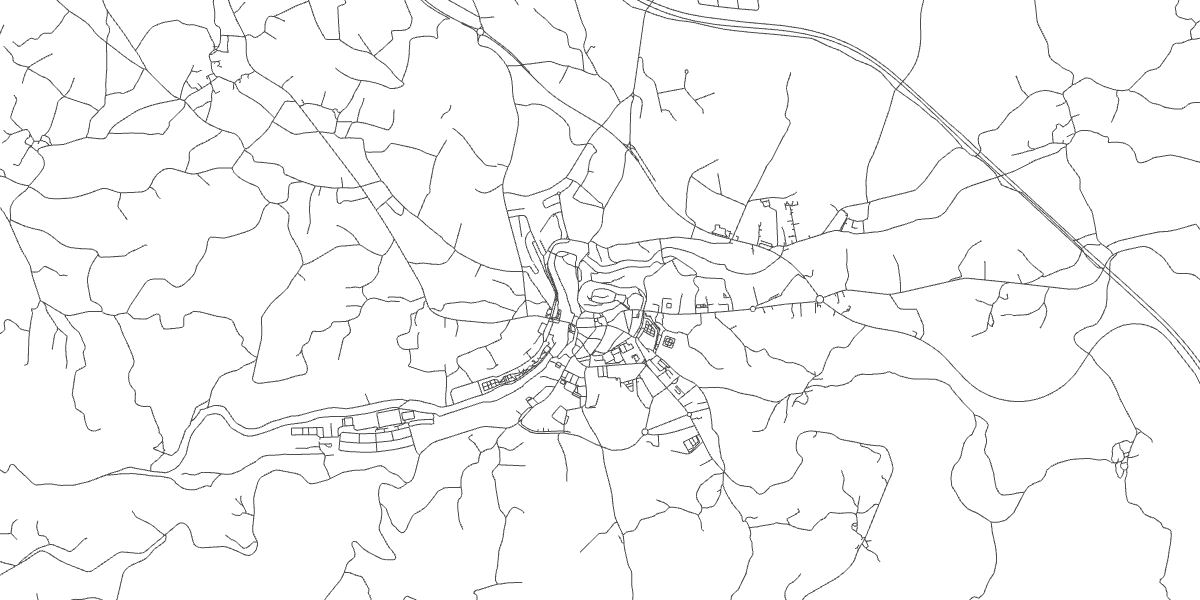Collective Power Network, a Democratic Socialists of America caucus “focused on realizing DSA’s potential to become a mass political organization of the working class”, wrote a statement in their publication The Organizer about the crossroads the left finds itself in with the Bernie campaign winding down and the global pandemic ratcheting up:
Even though we are in the midst of a crisis, it would be a serious mistake to believe that left politics are off the table or to resort to doomerism. Democratic socialist demands, which eight years ago were the fringe of the fringe, have gone mainstream, with demands like Medicare for All polling with incredibly high favorability and “socialism” polling at 47% in states like Tennessee. This is a jaw dropping shift in consciousness in the U.S., one likely to be heightened by the exigencies of widespread public health and economic crisis. While both right-ward and left-ward shifts are possible neither are by any means certain. […]
These campaigns are especially powerful when DSA acts within an alliance of organizations raising common demands. At a moment when elected officials and neoliberal institutions are scrambling for solutions, forceful demands from broad coalitions have an opportunity to shift official responses towards meaningful social-democratic reforms, simply by reacting quickly and being loud.
It’s also important that such campaigns do not remain confined to the local level, and that we take advantage of our capacity as a national organization to apply local campaign lessons across chapters and regions. The recovery from the immediate effects of the pandemic and the ensuing economic fallout will be a sustained national political issue. This creates an opening for socialists to advocate for lasting social democratic reforms on a national scale.
